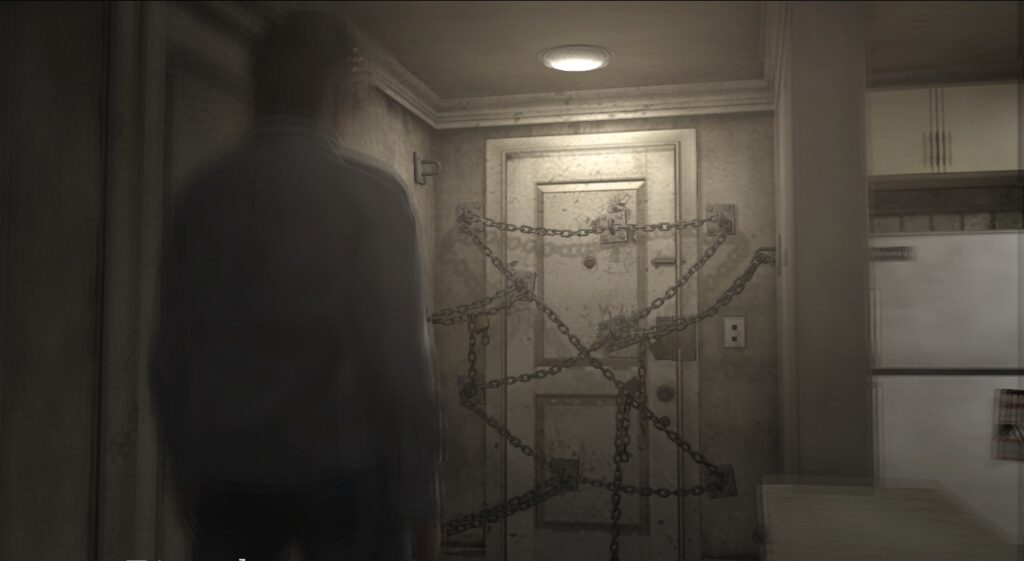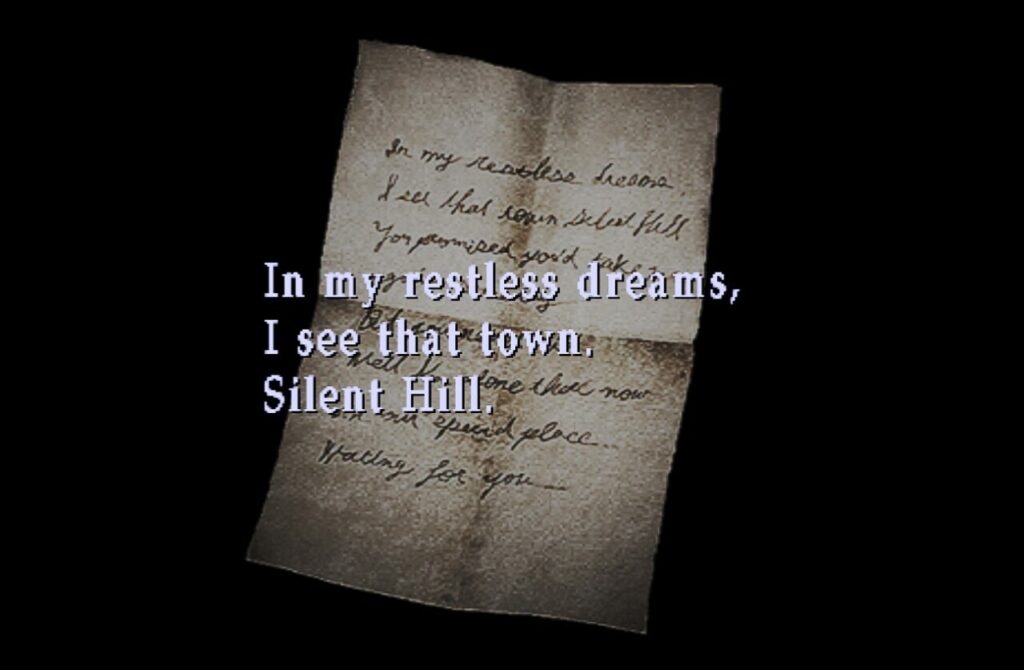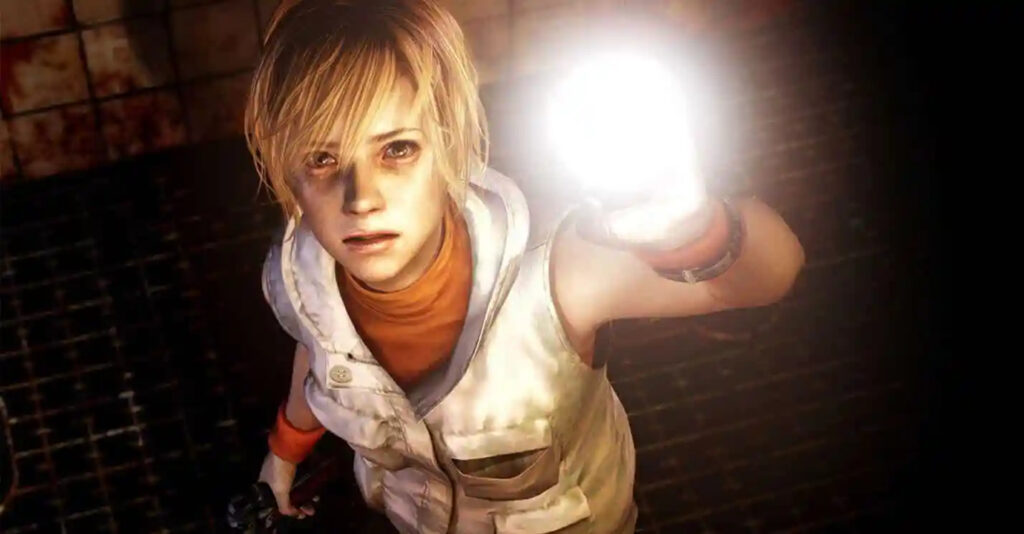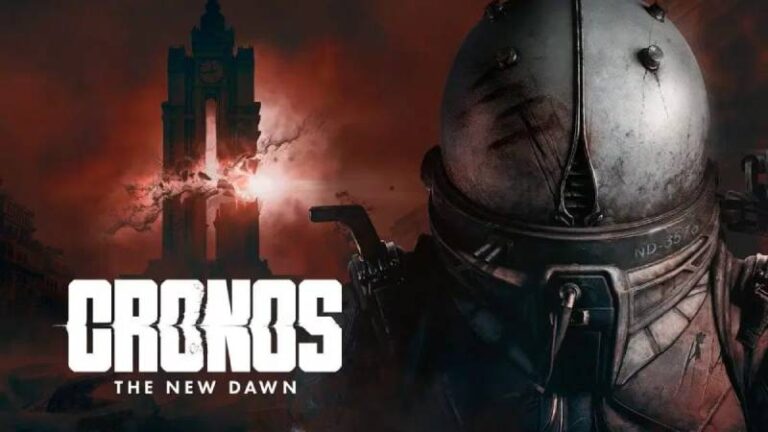An email from Jeremy Blaustein, “I’m there now, in our special place, waiting for you,” set the stage for a new interview with internet culture site Postmode. Blaustein, best known for his work on Metal Gear Solid, Castlevania: Symphony of the Night, and the Silent Hill series, now runs Dragonbaby, a localization company based in Osaka, Japan.
Few games have left as lasting an impression as Silent Hill 2, which follows protagonist James Sunderland through a town that mirrors his deepest, darkest fears. Blaustein’s work on this classic added significantly to its eerie depth, combining his own stylistic influences with his admiration for avant-garde filmmaker David Lynch, particularly films like Lost Highway and Blue Velvet. This connection to Lynchian storytelling adds a distinct psychological nuance, as seen in scenes like the closet-peeking moment, which is reminiscent of Blue Velvet.
Blaustein’s dedication is evident in his pride over ‘Mary’s Letter,’ a pivotal monologue in Silent Hill 2. He described how actor Monica Taylor Horgan’s reading perfectly fulfilled his vision, emphasizing the importance of writing dialogue that actors can perform naturally, bridging the gap between script and player.
There wasn’t any gap at all; it was exactly the way I wanted it.
However, despite its cult following today, Silent Hill 2 received a lukewarm reception at first. Early reviews led Konami to split development teams, resulting in Silent Hill 3 and Silent Hill 4: The Room.
Blaustein said development on the sequels was rushed, and lamented that the development team was split to work on parts 3 and 4 simultaneously. The iconic character Claudia Wolf from Silent Hill 3 was a standout, shaped by Donna Burke’s Galadriel-inspired performance.
Silent Hill 4’s story was notably fractured compared to its predecessors, a consequence of reduced collaboration. Jeremy Blaustein faced unique challenges during localization, working with isolated scenes that sometimes didn’t entirely make sense until assembled in-game. Characters like Cynthia Velasquez had layers drawn from films like The Cell, adding depth, even without direct storytelling visuals.
 The haunting ‘Room of Angel’ song, penned by Joe Romersa, served as an emotional bridge. It captured Silent Hill’s tragic melancholy with lyrics hinting at themes of lost innocence and family trauma.
The haunting ‘Room of Angel’ song, penned by Joe Romersa, served as an emotional bridge. It captured Silent Hill’s tragic melancholy with lyrics hinting at themes of lost innocence and family trauma.
Reflecting on the series’ legacy, it’s clear that the Silent Hill games deserve broader accessibility. Silent Hill 4 remains the only title easily available on digital platforms, and playing other classics often requires fan-made patches.
With new projects now being released, like the Silent Hill 2 Remake by Bloober Team, there’s renewed interest in the series. However, there’s a chance that this revival will eclipse the originals. To ensure that the franchise remains a part of gaming history, fans hope that Silent Hill receives the same treatment as the MGS series, with a similar compilation in the form of a Master Collection. A modern collection of the original games would not only allow anyone to experience them but would also honor the original developers who created this disturbing but essential series.






